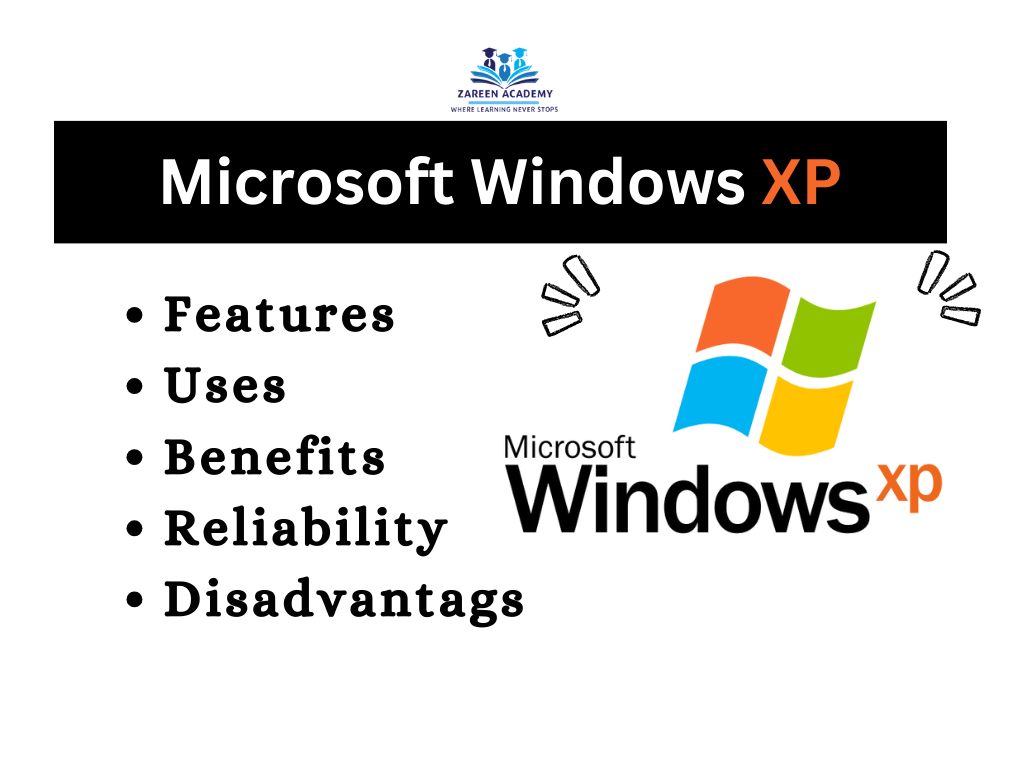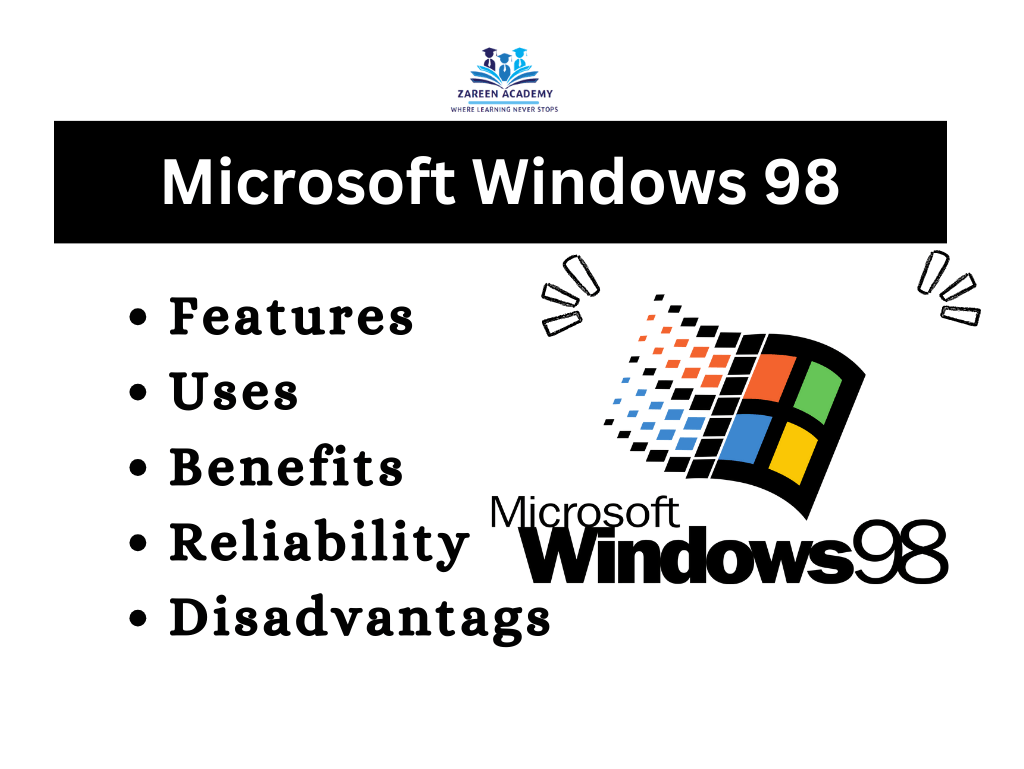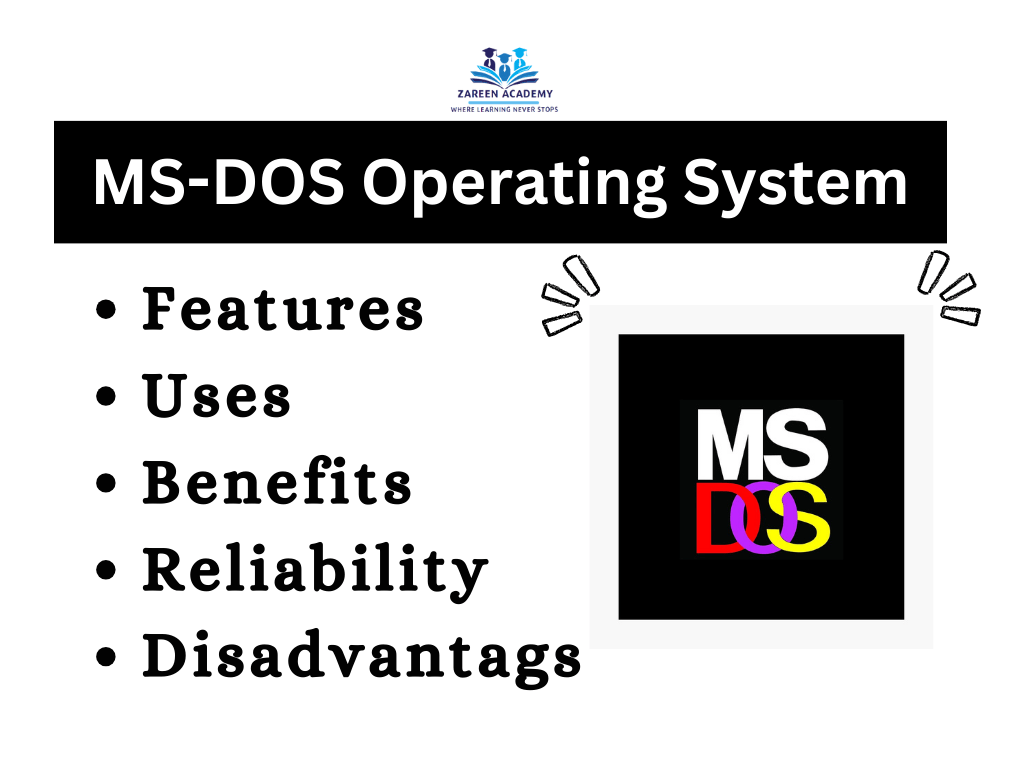Technology:
In today’s rapidly advancing world, technology has become an integral part of our daily lives, influencing various aspects of society, business, and personal interactions. From the earliest tools used by our ancestors to the cutting-edge innovations of the present day, technology has continually evolved to shape and enhance the world we live in. This article aims to provide a detailed exploration of the diverse types of technology that have emerged, revolutionizing industries, improving efficiency, and transforming the way we live, work, and communicate.
-
Information and Communication Technology (ICT)
Information and Communication Technology (ICT) encompasses a broad range of technologies designed to facilitate the storage, retrieval, transmission, and manipulation of information. This category includes computers, software, networks, telecommunications, and internet-based services. ICT has revolutionized communication, enabling instant worldwide connectivity through tools such as email, social media platforms, video conferencing, and Voice over Internet Protocol (VoIP). Additionally, ICT plays a crucial role in data management, allowing businesses to streamline operations, enhance productivity, and make informed decisions through the use of databases, cloud computing, and data analytics.
-
Biotechnology
Biotech. is the application of biological science to create products and technologies for various industries. It involves using living organisms or their components to develop innovative solutions. Examples of biotech. include genetic engineering, bioinformatics, pharmaceuticals, agriculture, and environmental applications. Biotech. has revolutionized healthcare, enabling the development of advanced medicines, vaccines, and diagnostic tools. It has also transformed agriculture by improving crop yield, enhancing resistance to pests and diseases, and developing genetically modified organisms (GMOs) for food production.
-
Nanotechnology
Nanotechnology involves manipulating matter at the atomic and molecular scale, typically between 1 and 100 nanometers. This field focuses on the development of materials, devices, and systems with unique properties and functionalities. Nanotech. has diverse applications across industries such as electronics, medicine, energy, and manufacturing. It has led to the miniaturization of electronic components, paving the way for smaller and more powerful devices. In medicine, nanotech. has contributed to advancements in drug delivery systems, targeted therapies, and diagnostics.
-
Renewable Energy Technologies
Renewable energy technology harness natural resources such as sunlight, wind, water, and geothermal heat to generate clean and sustainable energy. Examples of renewable energy technologies include solar panels, wind turbines, hydroelectric power plants, and geothermal power plants. These technologies are crucial in reducing dependence on fossil fuels and mitigating climate change. Solar energy has seen significant growth, with photovoltaic cells becoming more efficient and affordable. Similarly, wind power has emerged as a prominent source of renewable energy, driving the transition to a greener and more sustainable future.
-
Artificial Intelligence (AI) and Machine Learning
Artificial Intelligence (AI) and Machine Learning (ML) are fields that focus on the development of intelligent machines capable of performing tasks that typically require human intelligence. AI encompasses a wide range of technologies, including natural language processing, computer vision, robotics, and expert systems. Machine Learning refers to algorithms and statistical models that enable systems to learn from data and improve performance over time. AI and ML are revolutionizing industries such as healthcare, finance, transportation, and customer service. They have applications in autonomous vehicles, virtual assistants, fraud detection, personalized medicine, and predictive analytics.
Conclusion
Technology is a driving force behind human progress and has transformed the world in countless ways. The types of technology discussed in this article represent a small fraction of the vast array of technological advancements that have shaped our lives. From ICT’s influence on communication and data management to biotechnology’s impact on healthcare and agriculture, and from nanotechnology’s potential for innovation to renewable energy technologies’ contribution to sustainability, and AI and ML’s transformative capabilities, each category brings unique opportunities and challenges. Stay connected with ZareenAcademy.



0 Comments